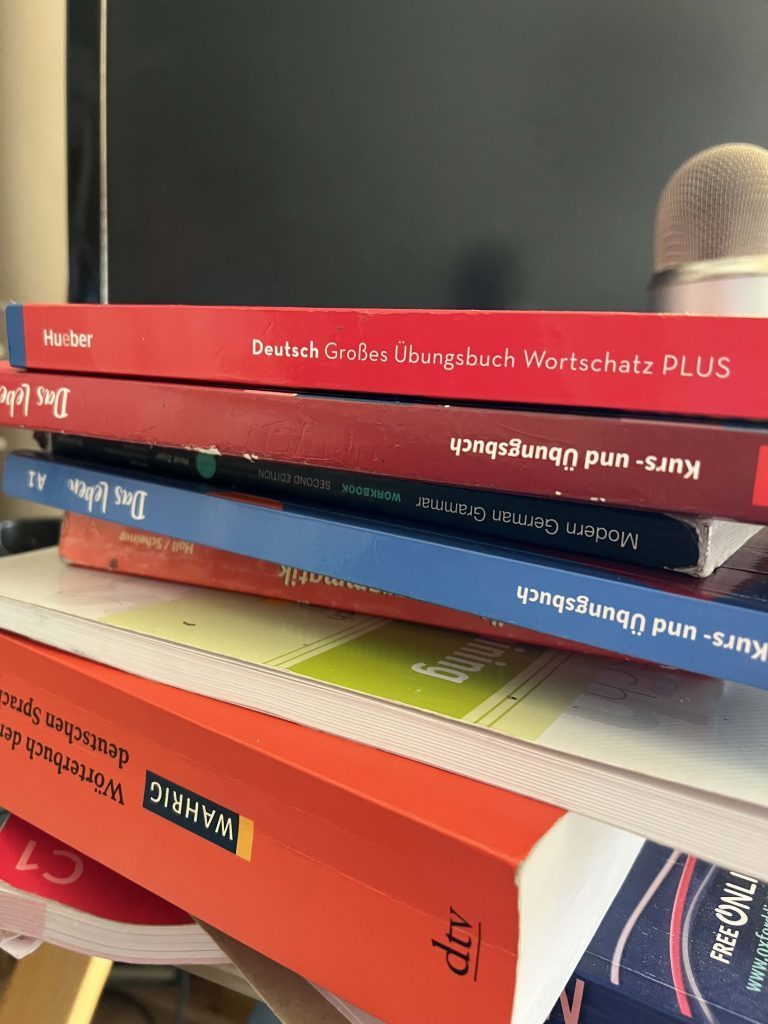Interrogating our approach
For nearly two decades, German Language Coach has focused on delivering one-to-one German lessons to professionals across London. The model—tailored instruction, practical language, and flexible delivery—has served many learners well. But it is worth musing over our own model – to reflect on where it works best, and where it may need clearer boundaries.
Balancing adaptability and structure
The strength of German one-to-one tuition lies in its adaptability. A student’s goals, pace, level and learning style can all be accommodated. But personalisation isn’t a magic formula. There’s a risk of over-adapting: when sessions are shaped entirely by student preference. Sometimes learners don’t need what they want—they need what they avoid. A good tutor must maintain structure and progression, even in a personalised setting. That’s a tightrope walk we live with every day.
Is flexibility always a win?
We offer in-person lessons at times that suit our students. It sounds ideal—but it’s not always to their advantage. Flexible scheduling often leads to irregular learning. Gaps between sessions get longer; momentum is lost. In trying to accommodate learners’ busy lives, we sometimes inadvertently reduce their consistency. One-to-one tutoring requires commitment on both sides—and for learners, that includes a measure of tenacity. Flexibility can only go so far before it becomes counterproductive.
The question of progress
We focus on spoken and written German, tailored to a student’s context. This can yield rapid functional fluency. But spoken fluency can mask gaps in understanding. In this setting, learners rarely take formal exams, and without that structure, measuring progress becomes subjective. It’s easy to confuse comfort with competence, especially when written German and grammar are not scrutinised.
The risk of overdependence
Our German tutors aim to be responsive, efficient, and personable. Yet over time, some learners can become reliant on the tutor’s presence to stay motivated. Unlike group classes, there’s little peer comparison or external pressure. The dynamic is limited to two people, which can be enjoyable—but not always productive. Tutors must manage that relationship carefully to keep it professional, focused, and results-oriented.
The countermeasures
One-to-one tuition works. For many professionals, it’s the most practical and focused way to make consistent progress. But it’s not without limitations. Flexibility, personalisation, and comfort—all strengths—can become liabilities if not balanced with rigour, structure, and honest reflection. At German Language Coach, we continually refine our teaching methods because no model is immune to friction. A good tutor doesn’t just teach language. They help learners think about how they’re learning. And sometimes, that includes thinking about how we’re teaching.

